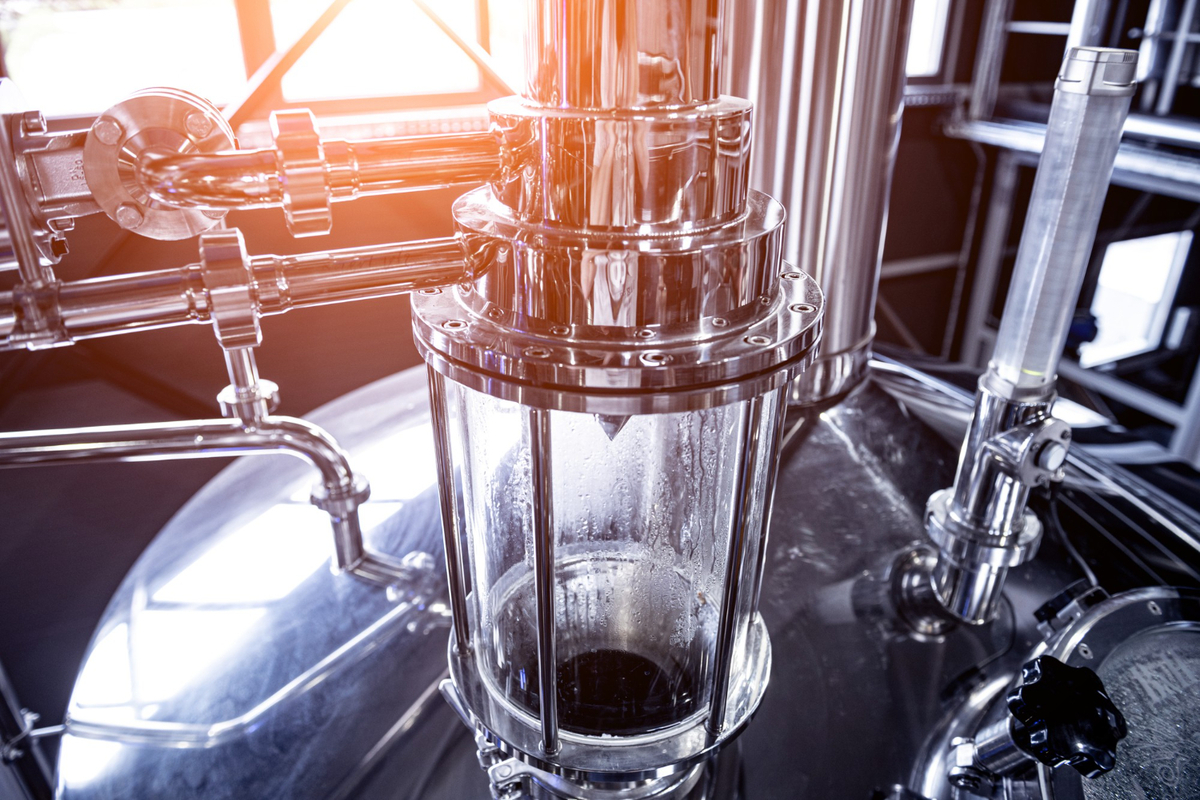Understanding the Basics of a DEF Manufacturing Plant
A diesel exhaust fluid manufacturing plant is a facility designed to produce DEF, a solution essential for reducing emissions in diesel engines. DEF is created by mixing high-purity urea with deionized water, adhering to strict ISO standards. Businesses looking to make your own DEF can benefit from significant cost savings and greater control over product quality.
Building a DEF manufacturing plant involves several steps, from site selection to equipment installation and quality control. Understanding the basics ensures a smooth and efficient setup process.
Key Components of a DEF Manufacturing Plant
A diesel exhaust fluid manufacturing plant consists of essential components like mixing tanks, deionized water systems, quality control equipment, and storage tanks. Each element plays a crucial role in producing high-quality DEF that meets industry standards.
When planning to make your own DEF, it is essential to choose reliable equipment that ensures precision and consistency. Advanced automation and monitoring tools can further enhance production efficiency.
Selecting the Right Location
Location plays a significant role in the success of a diesel exhaust fluid manufacturing plant. The site should have sufficient space for equipment, storage, and future expansion. Accessibility to transportation routes is also essential for distributing DEF to customers.
If you aim to make your own DEF, consider proximity to raw material suppliers for urea and deionized water. This reduces logistics costs and ensures a steady supply for production.

Acquiring the Necessary Equipment
Investing in high-quality equipment is critical when building a diesel exhaust fluid manufacturing plant. Key machinery includes blending systems, deionized water units, and automated filling lines. These systems ensure precise mixing and efficient packaging.
To make your own DEF, choose equipment that meets ISO 22241 standards and offers scalability. This ensures your production line can grow with market demand and maintain quality control.
Ensuring Compliance with Regulations
Operating a diesel exhaust fluid manufacturing plant requires compliance with local and international regulations. DEF must meet strict ISO standards to ensure it is safe for use in diesel engines. Regular audits and testing are essential for maintaining compliance.
When planning to make your own DEF, familiarize yourself with environmental and safety regulations. This ensures your facility operates within legal requirements and avoids penalties.
Setting Up Quality Control Processes
Quality control is vital in a diesel exhaust fluid manufacturing plant to produce a product that meets customer and regulatory expectations. Regular testing of urea concentration and water purity ensures the DEF complies with ISO standards.
For businesses looking to make your own DEF, implementing advanced quality monitoring systems minimizes errors and enhances product reliability. Detailed record-keeping and periodic lab tests further strengthen quality assurance.
Optimizing Production Efficiency
Maximizing efficiency in a diesel exhaust fluid manufacturing plant involves streamlining processes, reducing waste, and automating key operations. Automation reduces labor costs and increases production speed without compromising quality.
When you make your own DEF, investing in energy-efficient equipment and workflow optimization can lead to significant cost savings. This approach ensures your plant remains competitive in a growing market.

Scaling for Future Growth
Building a scalable diesel exhaust fluid manufacturing plant allows your business to grow alongside market demand. Modular equipment and flexible production lines enable easy expansion without disrupting operations.
For those planning to make your own DEF, forecasting market trends and planning for scalability ensures long-term success and profitability. This positions your business as a reliable supplier in the DEF industry.
Conclusion
Building a diesel exhaust fluid manufacturing plant is a strategic investment that offers cost savings, quality control, and environmental benefits. By planning effectively and implementing advanced systems, businesses can successfully make your own DEF to meet industry demands. With a focus on compliance, efficiency, and scalability, your plant can become a leading player in the DEF market.
Frequently Asked Questions
- What is a diesel exhaust fluid manufacturing plant?
- A facility designed to produce DEF by blending high-purity urea with deionized water according to ISO standards.
- Why should I make my own DEF?
- Producing your own DEF offers cost savings, better quality control, and reduced reliance on external suppliers.
- What equipment is required to build a DEF plant?
- Key equipment includes blending systems, deionized water units, quality control tools, and storage tanks.
- How do I ensure compliance with DEF regulations?
- Regular testing and adherence to ISO 22241 standards ensure your DEF meets regulatory requirements.
- What are the benefits of automating DEF production?
- Automation reduces labor costs, increases production efficiency, and enhances product quality.
- Is scaling a DEF manufacturing plant possible?
- Yes, modular equipment and flexible production lines allow for easy scalability as demand grows.
- What role does quality control play in DEF production?
- Quality control ensures the DEF produced is consistent, reliable, and safe for use in diesel engines.

